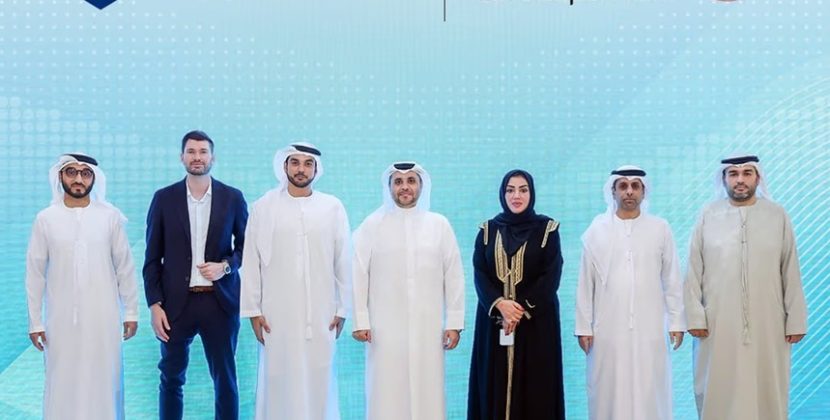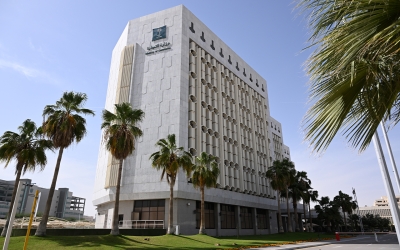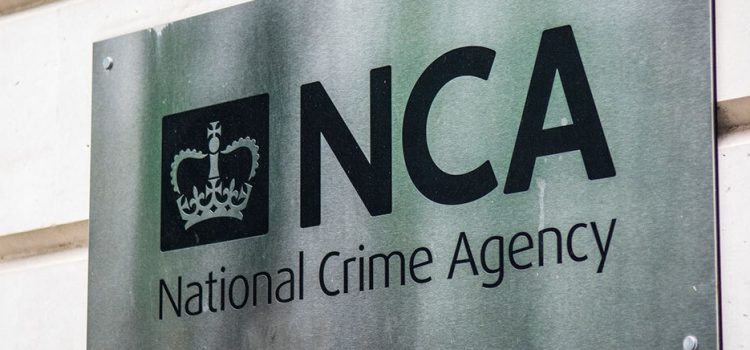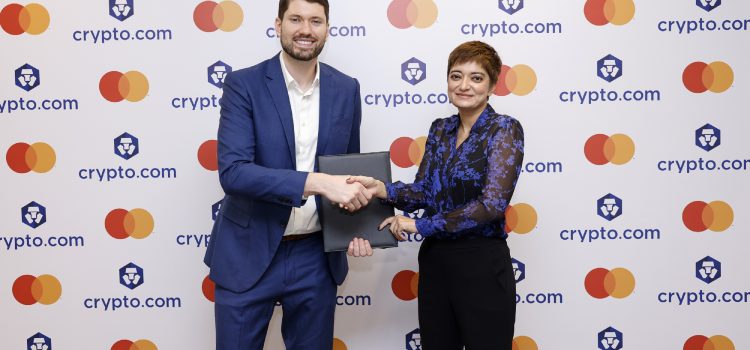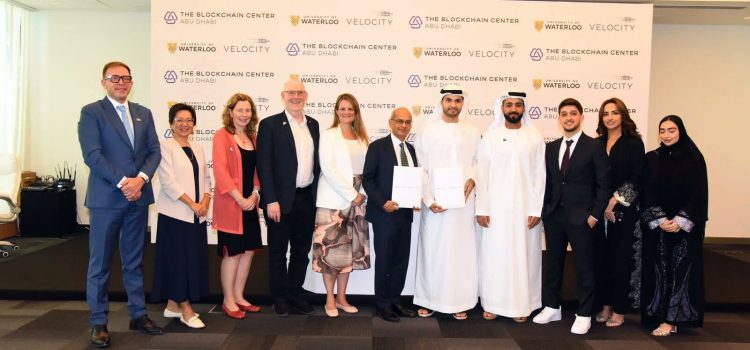The Central Bank of Bahrain, while still piloting CBDCs, is moving forward with its stablecoin and crypto payments strategy and is currently studying the possibility of allowing local bank to offer stablecoins in next phase.
The governor of the Central Bank of Bahrain (CBB), Khalid Humaidan in an interview with the Banker noted that the Central Bank of Bahrain is still in CBDC pilot phase utilizing different approaches for retail and wholesale CBDCs, yet at the same time strong interest is in stablecoins, and crypto payments according to Yasmeen Alsharaf, director of the fintech and innovation unit at the CBB.
Just as the governor of Bahrain Central Bank discussed piloting CBDCs both retail and wholesale, Yasmeen Al Sharaf in another interview discussed how the CBB recently issued a consultation on the regulation of stablecoins in October 2024 and is seeking in next phase to see how banks can offer stablecoins.
CBDCs still in pilot or pre-pilot stages across GCC
Back in June 2024, the IMF noted two thirds of countries in MENA were exploring CBDCs stating that Bahrain, Saudi Arabia and UAE were in more advanced proof of concept stages, it also noted that CBDCs required careful considerations. Today it seems that this is still the case.
Humaidan speaking to the Banker explained, that the CBB is still piloting and trying different combinations and keeping their options open. He stated, “As the pilot progresses, we will refine our approach and decide what the right formula is for Bahrain.”
He had commented that most central banks in the GCC (Gulf Cooperation Council) countries are in the same phase when it comes to CBDCs. They are either piloting or about to launch pilots. The reason is that there are still a lot of questions such as which is a priority retail or wholesale CBDCs, should a centralized or decentralized ledger be used?
CBB is interested in stablecoins and crypto payments
But while the Central Bank of Bahrain may still be piloting on the CBDC front, in terms of stablecoins and crypto payments, Yasmeen Alsharaf, Director of the Fintech and innovation unit at the CBB told Asian Banking & Finance at the Singapore Fintech Festival 2024 on 6-8 November, noted that stablecoins and crypto payments are areas of interest for the central bank.
In October 2024, the CBB issued a consultation on the regulation of stablecoins.
Alsharaf stated, “We will soon also be complementing that with the consultation to explore the opportunity to allow banks to also engage in offering Stablecoins. We are currently in the process of benchmarking other jurisdictions when it comes to crypto payments.”
She added, “We believe that there’s a lot of opportunities when it comes to digital assets, a lot of use cases out there. And again, going back to what I mentioned earlier, a balanced regulatory framework is important to have in place to support those use cases whilst maintaining safe financial operations.”
The statements come as Singapore Gulf Bank, a subsidiary of Whampoa Group, with a license in Bahrain, is in talks with a Middle East sovereign wealth fund to raise $50 million to acquire a stablecoin payments company in 2025 either in the Middle East or Europe. SGB is backed by Bahrain’s sovereign wealth fund Mumtalakat and privately held Singapore-based investment firm Whampoa Group.
UAE has already published its stablecoin regulations
While Bahrain it still in the consultation phase for its stablecoin regulation, the UAE Central Bank in June 2024 came out with the “UAE Stablecoin Payment Token Services Regulation” laying out the rules and conditions by the Central Bank of UAE for licenses pertaining to payment tokens, not allowing algorithmic tokens to be included and only allowing foreign stablecoins to be used to purchase virtual assets.
The Central Bank of the UAE defined Payment Token Services as being digital payment services in the UAE comprising of three categories, namely Payment Token Issuance, Payment Token Conversion and Payment Token Custody and Transfer.
Soon after Tether announced that it would be seeking to launch its AED stablecoin.
The Chainalysis 2024 report which covered the MENA region showcased the growth of stablecoins, particularly in Turkey, Saudi Arabia and the UAE.


